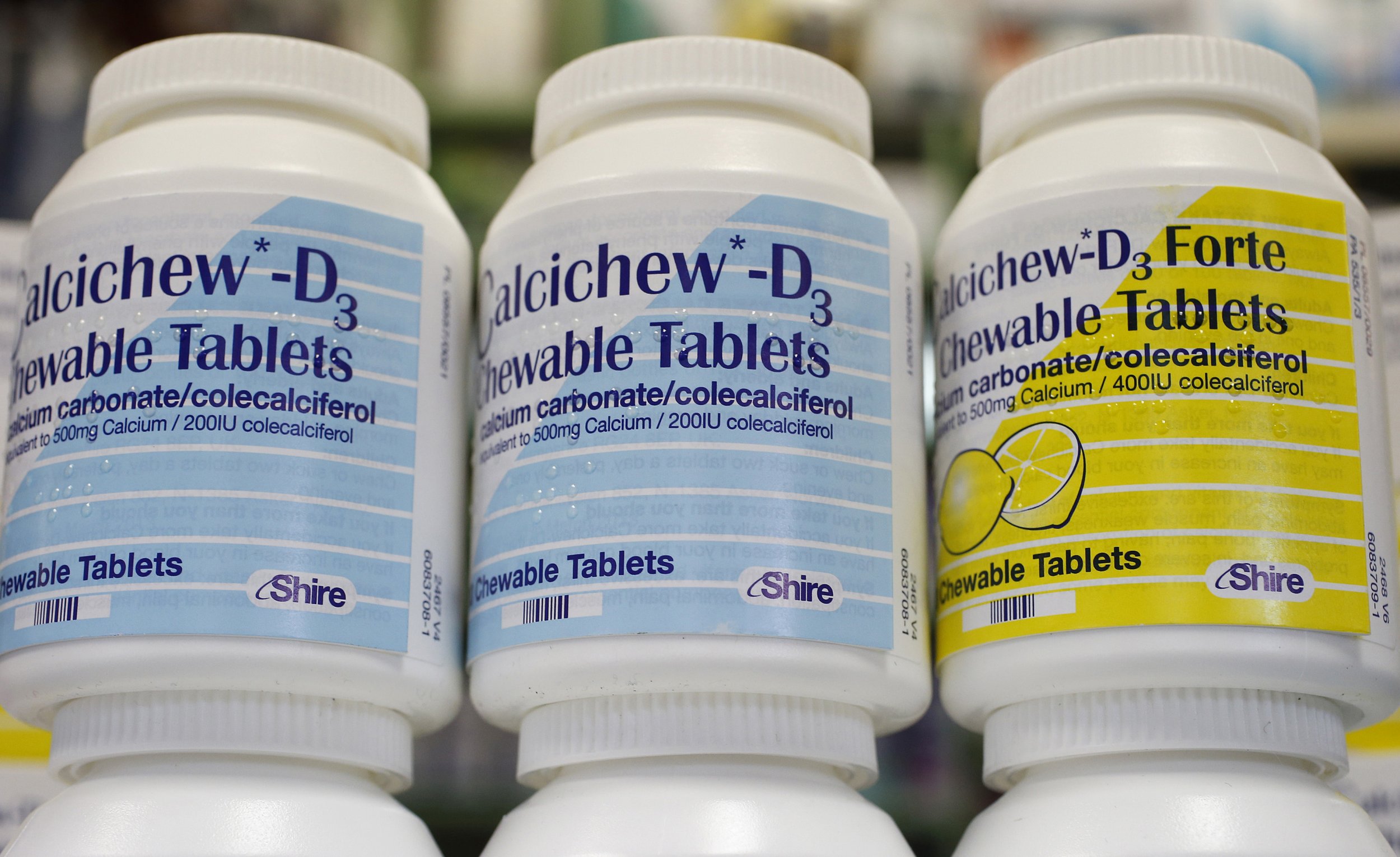
Your skin produces vitamin D when exposed to sunlight. Many people who live in the Northern Hemisphere don't get a lot of exposure to direct sunlight and don't produce enough of this substance, which is actually a hormone that regulates a host of functions in the body, including the immune system.
Past studies have shown that low levels of vitamin D make people more susceptible to multiple sclerosis, an autoimmune disorder in which the coating around nerve cells, called myelin sheaths, is damaged. In addition, those with the disease who are especially low in vitamin D may be more likely to suffer relapses. That's probably because vitamin D binds to immune cells and helps them function properly, explains Peter Calabresi, a researcher at the Johns Hopkins University School of Medicine.
So for a while now, medical experts have thought that vitamin D supplementation could be of benefit to MS patients. But because too much vitamin D can increase the amount of calcium the body absorbs from food, potentially leading to kidney stones and other problems, doctors have been unsure exactly how much of the supplement their MS patients should take, Calabresi says.
In a study published Wednesday in the journal Neurology, Calabresi and co-authors tested the impact of two levels of vitamin D supplementation among 80 patients. Forty were given 10,400 international units of Vitamin D, and the other 40 took 800 IUs of the supplement per day. At the end of the study, the team determined that the high-dose group didn't suffer any more side effects than the low-dose group.
In addition, those in the high-dose group had significantly reduced levels of activity among a certain type of immune cell thought to be involved in multiple sclerosis, compared with those in the low-dose group. The scientists found that as blood levels of vitamin D went up, there was a corresponding decrease in the levels of CD4+ T cells and a protein they create (called interleukin-17), which encourages inflammation.
There's compelling evidence these cells and the protein are key players in the "hyperactivity" of the immune system characteristic of multiple sclerosis, and thus decreasing their levels is "widely believed to be important to decreasing disease activity," says Dr. Dennis Bourdette, director of the multiple sclerosis center at Oregon Health & Science University, who wasn't involved in the study.
The paper "provides an explanation of why vitamin D deficiency may exacerbate multiple sclerosis and why supplementation may be beneficial," Bourdette says.
That doesn't mean every person with the disease should take this much of the vitamin, however. The important thing is to achieve a therapeutic blood level of vitamin D between 40 and 70 nanograms per milliliter, Bourdette explains. For some, that may require taking 10,000 IU, but the therapeutic dose for others could conceivably be less. The key is to have patients' blood tested periodically during supplementation to figure out the appropriate dose, he says.
Uncommon Knowledge
Newsweek is committed to challenging conventional wisdom and finding connections in the search for common ground.
Newsweek is committed to challenging conventional wisdom and finding connections in the search for common ground.
About the writer
Douglas Main is a journalist who lives in New York City and whose writing has appeared in the New York ... Read more
To read how Newsweek uses AI as a newsroom tool, Click here.








